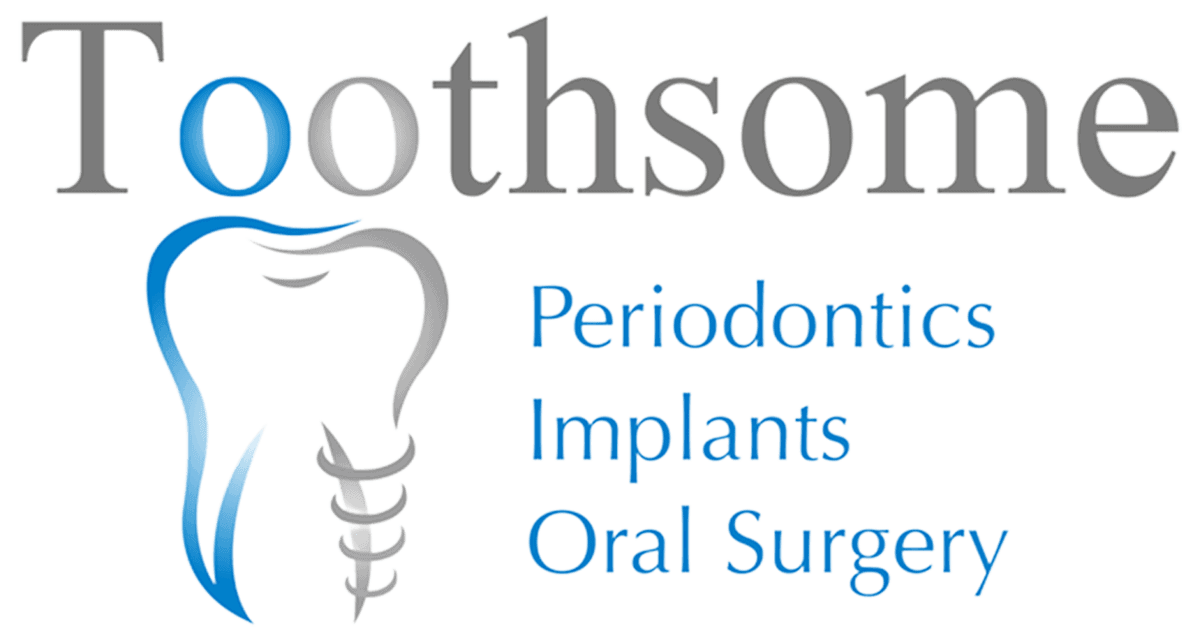
Wisdom teeth removal surgery can be daunting, especially for people who deal with dental anxiety. Not knowing what to expect or simply wondering, ‘Is wisdom teeth removal painful’? can create unnecessary anticipation about what’s to come.
By learning about the procedure and the available sedation options, you can prepare for your wisdom tooth removal and make the experience less intimidating.
Reasons for Wisdom Tooth Removal
If you’re concerned about the level of discomfort associated with the procedure, you may be wondering if it’s necessary to have your wisdom teeth (also called third molars) extracted. In most cases, if your dentist is recommending wisdom teeth removal surgery, it’s a critical preventative measure to protect your oral health.
The angles in which wisdom teeth grow can cause possible oral complications later in life. Your dentists may recommend wisdom tooth removal because these molars can:
- Cause sinus pain
- Affect your tooth alignment
- Cause oral infection
- Be impacted below the gumline
- Result in cavities and gum disease because they’re difficult to clean
Wisdom teeth make it challenging to clean your molars effectively and may cause overcrowding, pushing your existing teeth out of alignment. If your third molars are impacted, meaning they do not erupt above the gum line, it’s critical to remove them to reduce the chance of infection, swollen gums, and headaches.
Is Wisdom Teeth Removal Painful?
The stigma surrounding wisdom tooth removal suggests it’s a painful procedure, which makes many people anxious about going through with it. While it’s common to experience discomfort in the days following the surgery, the wisdom teeth removal itself is not painful. Your dentist can offer you various sedation options to ensure you don’t feel anything during the procedure.
Is wisdom teeth removal painful after the procedure is over? In the days following your wisdom tooth removal, you’ll experience mild discomfort around the surgical site. It’s also common to see facial swelling and bruising, particularly in the case of impacted wisdom teeth, which are more challenging to remove.
Your dentist may prescribe anti-inflammatory medication to reduce swelling and discomfort, along with instructions for applying ice to your cheeks at 20-minute intervals for the first 24 hours.
You can minimise the discomfort you feel post-op by following your dentist’s aftercare instructions, including eating soft foods, rinsing your mouth with a saltwater solution, and avoiding activities that could dislodge the blood clot at the surgical site.
Sedation Options for Wisdom Tooth Removal
To ensure you remain comfortable throughout the procedure, Toothsome is proud to offer multiple sedation options for a wisdom tooth removal. Our dentists take the time to get to know you before making recommendations about your procedure so you can feel confident we are making decisions with your comfort in mind.
The type of sedation we use depends on the complexity of the extraction and your comfort level. We offer:
- Local anaesthesia: Also called local anaesthetic, local anaesthesia is a single injection that numbs a small area of the body. For wisdom tooth removal, your dentist injects the anaesthetic into the gums at the surgical site.
You will remain alert and fully awake but won’t feel any pain. You may experience slight pressure and will be able to hear the work being done. This sedation option is typically used for simple extractions when the tooth crown is visible above the gumline.
- Twilight sedation: With this sedation option, you remain conscious and can respond to commands or questions from the dentist. However, you are in a dream-like, relaxed state that is helpful for patients who experience dental anxiety. Twilight sedation can be administered as a gas, like nitrous oxide, or intravenously. The effects of twilight sedation take time to wear off, so you’ll need to arrange a ride home from your wisdom teeth removal.
- General anaesthesia: This sedation option is most common for patients requiring a complex wisdom tooth removal. Complex extraction occurs when the wisdom tooth is impacted below the gum line, often growing at an odd angle. For this type of wisdom teeth removal procedure, your dentist makes an incision in the gums, requiring you to be unconscious.
 You are completely asleep for the procedure under general anaesthesia and will feel no pain and have no memory of the extraction. You will need time to recover from the anaesthetic after surgery and require an adult to drive you home and supervise you for the first 24 hours.
You are completely asleep for the procedure under general anaesthesia and will feel no pain and have no memory of the extraction. You will need time to recover from the anaesthetic after surgery and require an adult to drive you home and supervise you for the first 24 hours.
Our team can administer local anaesthesia or twilight sedation onsite for any procedure.
If you require general anaesthesia, we have hospital admission rights at accredited facilities in Sydney. We can arrange for general anaesthesia for your wisdom teeth removal at your request.
Dental sedations ensure your wisdom tooth removal is comfortable, reducing your anxiety and allowing you to get through the procedure without feeling any pain.
Talk to Your Toothsome Dentist About Wisdom Tooth Removal Options
It’s natural to be nervous before any surgical procedure, and talking to your dentist at Toothsome about sedation options can help reduce the anxiety you may be experiencing. We can answer your questions such as ‘is wisdom teeth removal painful’?, ‘will my extraction be simple or complex’? and ‘what type of sedation will I need’?
We have practices located in Chatswood, Baulkham Hills, and Sydney for convenient access to quality dental care. Call one of our three locations today to schedule an initial consultation with Dr Willis, Dr Chou, or Dr Rodricks.
Sydney CBD: (02) 9159 3728
Baulkham Hills: (02) 9158 6637
Chatswood: (02) 8203 8786
Note: Any surgical or invasive procedure carries risks. Before proceeding, you should seek a second opinion from an appropriately qualified health practitioner.


